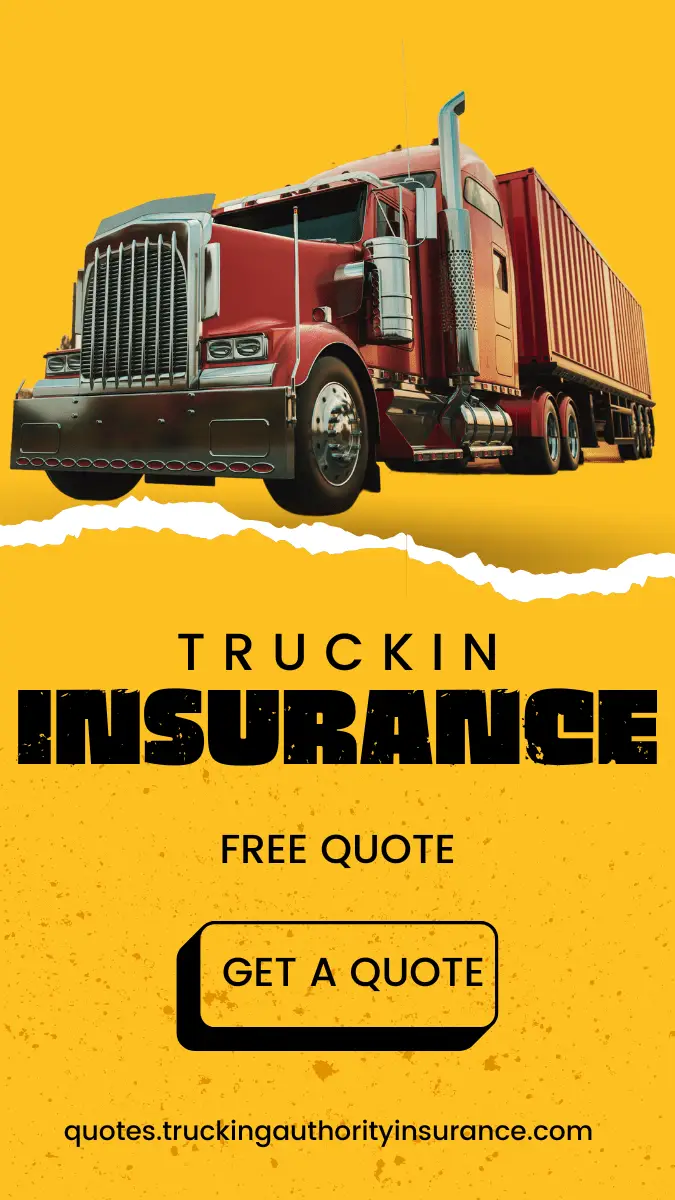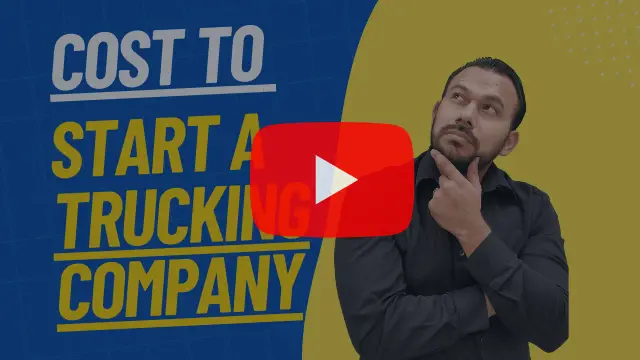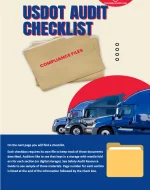The International Registration Plan (IRP) is a cooperative agreement among U.S. states, the District of Columbia, and Canadian provinces that facilitates the collection and distribution of registration fees based on mileage traveled in each jurisdiction. In this guide, we will outline the process of obtaining your IRP registration in Texas, explain its importance, and detail additional requirements such as the International Fuel Tax Agreement (IFTA).
What Is IRP Registration?
IRP registration ensures that commercial motor vehicles operating in multiple jurisdictions contribute their fair share of road use taxes. This registration eliminates the need for separate vehicle registrations in each state, simplifying compliance and reducing administrative burdens. In short its like going to one DMV that will register you to all the DMV jurisdictions you will travel through.
Key Features of IRP Registration:
- Required for vehicles engaged in interstate commerce.
- Fees are apportioned based on miles traveled in each jurisdiction.
- Reduces paperwork by centralizing registration under one account.
For further details, visit the official IRP website or the Texas DMV IRP page.
Who Needs IRP Registration?
According to the FMCSA and the IRP, you must register under IRP if your vehicle:
- Has a gross vehicle weight (GVW) exceeding 26,000 pounds.
- Has three or more axles, regardless of weight.
- Operates in a combination where the GVW exceeds 26,000 pounds.
If your vehicle operates only within Texas, you may not require IRP registration. However, if you travel to multiple states, it is mandatory. Check with the Texas IRP website for up-to-date details.
Documents Required for IRP Registration in Texas
Before applying for IRP registration, ensure you have the following documents:
- Articles of Organization (for LLCs) – Proof of business formation.
- Driver’s License – Valid commercial or standard driver’s license.
- Proof of Residency or Leased Address – Utility bills, lease agreements, or other proof of a Texas-based business location.
- Vehicle Title – A copy of your vehicle’s title.
- Proof of Insurance – Meeting Texas’s commercial vehicle liability requirements.
- Mileage Records – Documented miles traveled in each jurisdiction over the past year.
Having accurate and complete documents prevents delays in processing. Need help? Visit our pricing page for assistance.
Need Help Obtaining Your Permits?
Get Help With Your IRP Registration Today!
We Can Help You Setup Your IRP Registration.
Speak With Our Experienced Permit Professionals That Can Help You Every Step Of The Way.
Call Us Today! Live Agents Are Standing By.
How to Apply for IRP Registration in Texas
Follow these steps to register for IRP in Texas:
- Create an IRP Account – Register online via the Texas IRP portal.
- Complete the Application – Fill out details, including vehicle specifics and anticipated jurisdictional mileage.
- Submit Required Documents – Upload or mail the necessary supporting documents.
- Pay Fees – Fees are determined based on the jurisdictions where you plan to operate.
- Receive IRP Credentials – Upon approval, you will receive your IRP cab card and apportioned plates.
What Is IFTA and Why Do You Need It?
The International Fuel Tax Agreement (IFTA) simplifies fuel tax reporting for carriers operating across multiple states. It enables carriers to file a single quarterly tax return for fuel taxes, which are then distributed to the appropriate jurisdictions.
Who Needs IFTA?
You must register for IFTA if your vehicle:
- Has a GVW exceeding 26,000 pounds.
- Has three or more axles, regardless of weight.
- Operates across multiple jurisdictions.
For more information, visit the official IFTA website or the Texas IFTA registration page.
How to Register for IFTA in Texas:
- Complete the Application – Register through the Texas IFTA portal.
- Submit Required Documents – Business registration, vehicle details, and mileage records.
- Pay Necessary Fees – Fees vary depending on fleet size and fuel usage.
- File Quarterly Reports – Maintain compliance by submitting fuel tax reports every quarter.
Defining a Commercial Motor Vehicle
The FMCSA defines a commercial motor vehicle (CMV) as any vehicle that:
- Transports goods or passengers for compensation or business purposes.
- Meets the GVW threshold of 26,000 pounds or has three or more axles.
To ensure compliance, visit the FMCSA website.
Why Choose Us for Your IRP Registration Needs?
Setting up IRP registration and IFTA can be time-consuming. We make it easy by offering:
- Complete IRP and IFTA registration assistance.
- Ensuring accurate document submission.
- Step-by-step support for your business needs.
Visit our pricing page to see how we can assist you.
Trucking Authority Services
Our Additional Services:
- MC Number Application – Required for interstate carriers.
- BOC-3 Filing – Mandatory for operating authority activation.
- Unified Carrier Registration (UCR) – Compliance for interstate carriers.
- Form 2290 Filing – IRS Heavy Vehicle Use Tax (HVUT) compliance.
- IFTA & IRP Setup – Hassle-free registration process.
Business Formation Services:
- New Business Setup – Assistance in forming LLCs, corporations, or partnerships tailored to trucking needs.
Texas-Specific Permits:
- Texas Intrastate Authority – Compliance for in-state trucking operations.
- Texas IFTA Registration – Simplifies fuel tax reporting.
- Texas IRP Registration – Multi-state vehicle registration.
Explore our services here.
Texas IRP DMV Locations (Walk Through Process)
FAQs
What is IRP registration?
IRP allows commercial vehicles to operate across multiple states under a single registration.Who needs IRP registration?
Any vehicle exceeding 26,000 pounds or with three or more axles operating interstate.What documents are required for IRP?
Driver’s license, Articles of Organization, proof of residency, title, insurance, and mileage records.How do I register for IRP in Texas?
Set up an account, complete the application, provide documents, and pay fees via the Texas IRP portal.What is IFTA?
IFTA simplifies fuel tax reporting for vehicles operating in multiple states.Who needs IFTA?
Vehicles over 26,000 pounds or with three or more axles operating interstate.How do I file IFTA reports?
Quarterly reports detailing fuel purchases and miles driven in each jurisdiction.Can you assist with IRP and IFTA setup?
Yes, we offer full support. Learn more here.What happens if I don’t register under IRP?
You may face fines, penalties, and operational restrictions.Can I apply for IRP online?
You cannot apply online when registering for the first time, but you can on renewal.







